"Events in the past eight years have shown that introducing strict border surveillance at Hungary's southern borders was the right decision, because without it millions of people would have crossed into Western Europe via Hungary," the prime minister's chief homeland security advisor said on public television on Saturday evening.
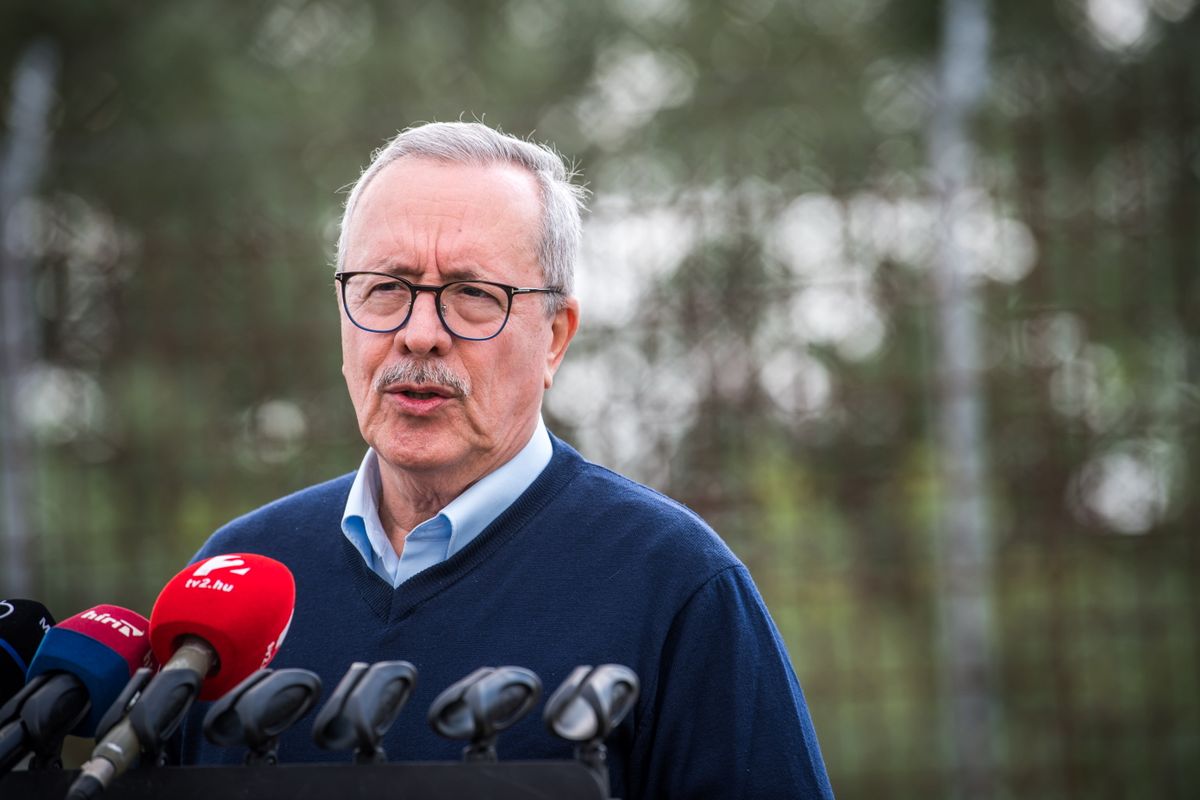
On the program, Gyorgy Bakondi was asked about the migrants' attack on the border crossing point at Roszke that took place on September 16, 2015. After Hungary closed its borders on September 15, 2015, migrants launched a well-organized attack on Hungary's border at Roszke. It took hours for the police to contain the riot, which left
twenty police officers injured.
The PM's chief internal security advisor recalled that the Hungarian government decided more than eight years ago, after consulting the people in a national survey, to stop the influx of hundreds of thousands of migrants across the southern borders by means of technical border barriers, legal measures, and the deployment of adequate police and military forces.
"This extremely brave, [...] unique decision has proved to be right over the past eight years, because without it millions of people would have crossed through Hungary to Western Europe, without it the security and sovereignty of the Hungarian people could not have been guaranteed," the advisor pointed out.
Gyorgy Bakondi noted that although Hungary continues to protect the whole of the European Union with government-funded measures and resources, the community launches political attacks and criticizes Hungary instead of extending help in its border protection efforts. In his view, the EU's migration policy is based on the ideological consideration that as many people as possible should be admitted. Accordingly, it is good if the sovereignty and defense capacity of nation states slacken, if society becomes diverse, and if new arrivals cause instability in public health, social, ideological and political terms.
Gyorgy Bakondi highlighted
migrants cannot prove their identity, it is unclear where they come from or what they are fleeing
This was also the case eight years ago, he said, adding that the actions taken by the police forces - acting in an exemplary manner at the border at Roszke - were proportionate and lawful, and induced a process that has enabled Hungary to guarantee the security of the Hungarian people, the stability of Hungary's economy and the future of the people living in the country.
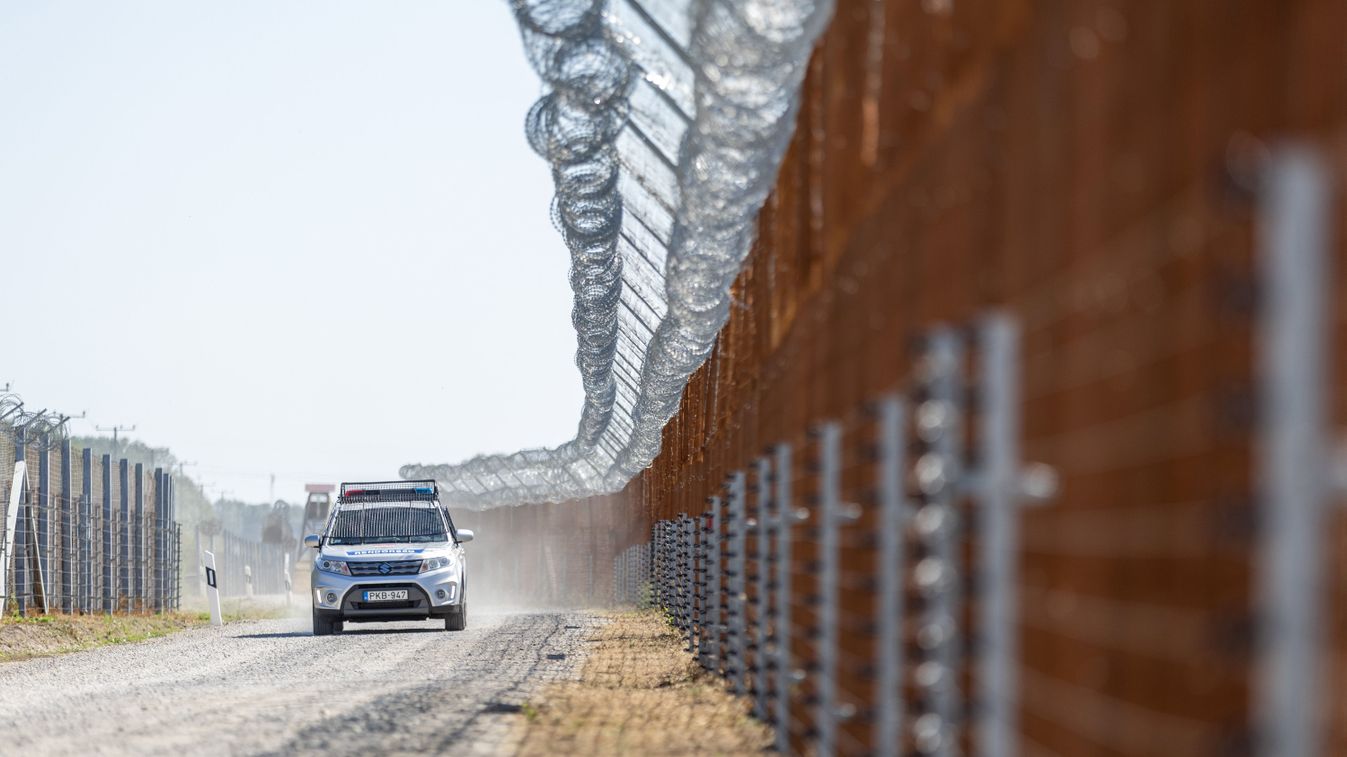


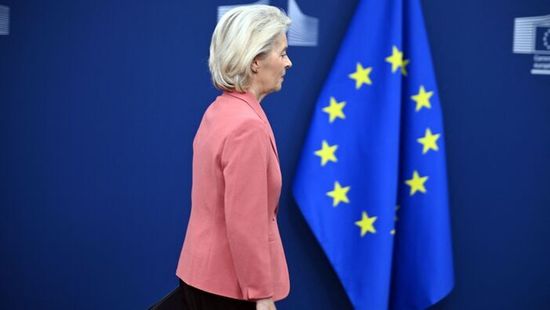


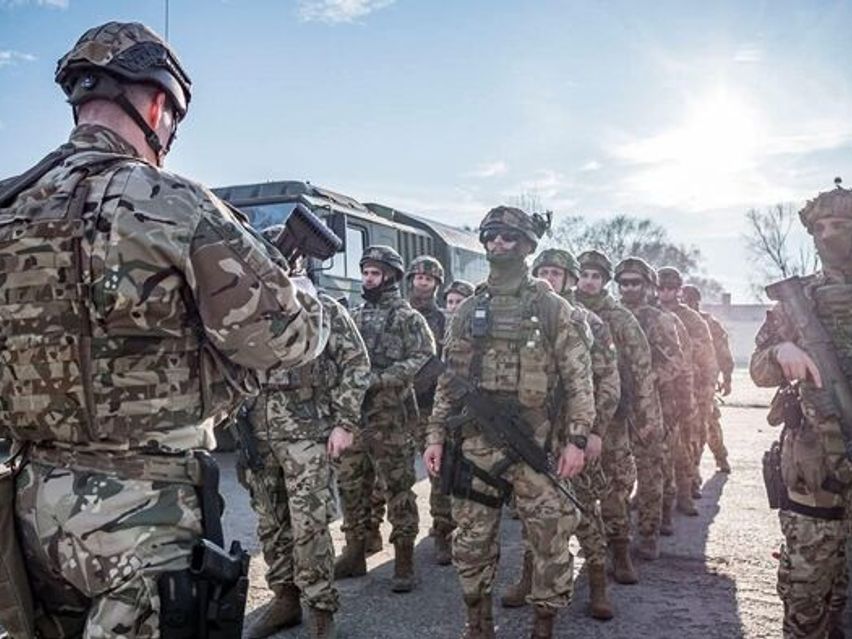

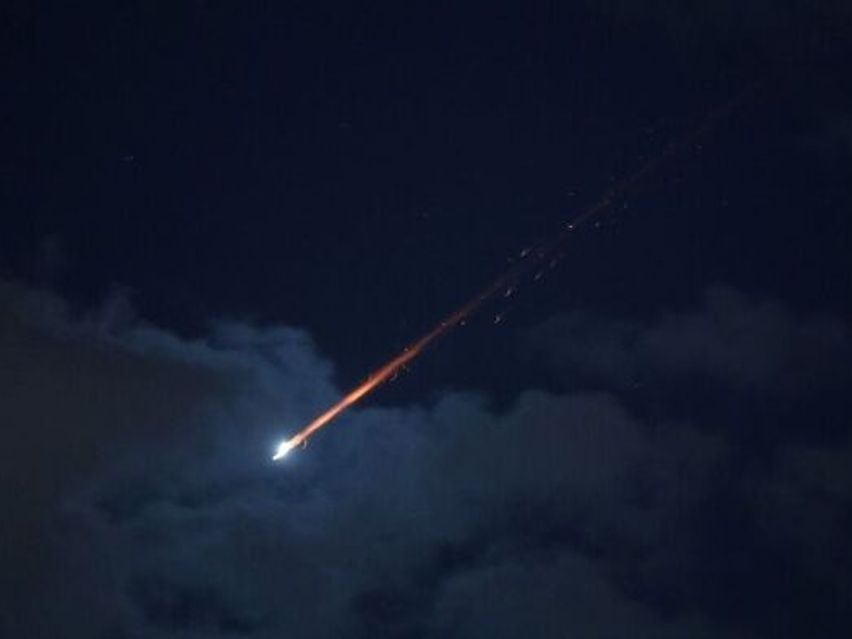
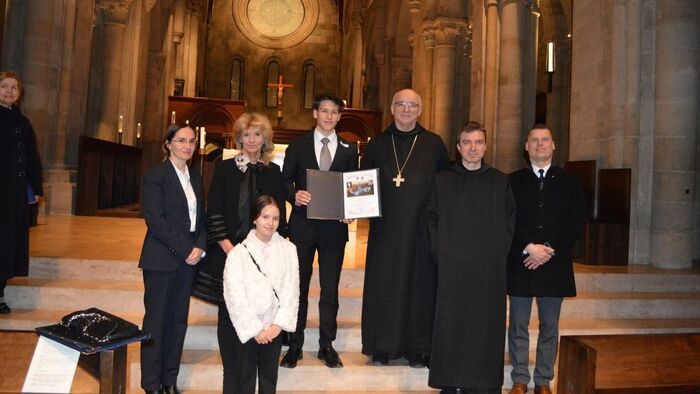

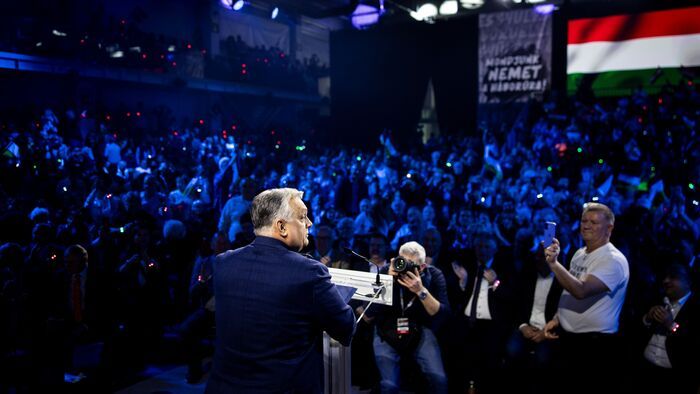
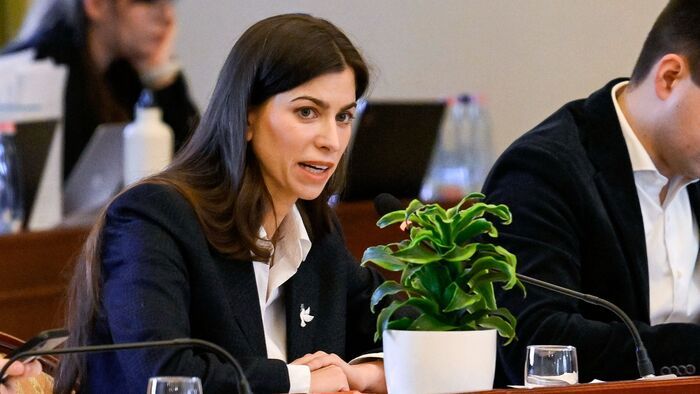
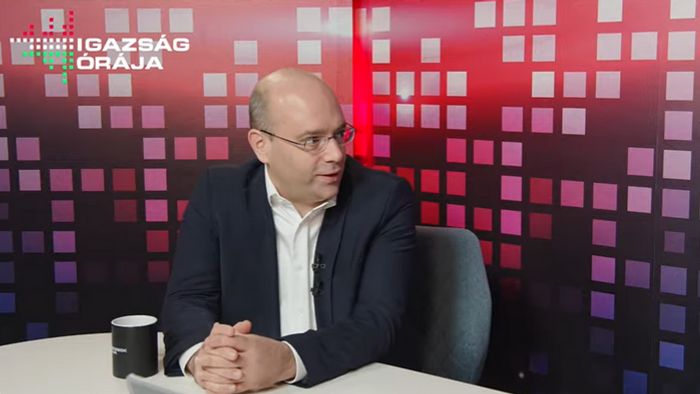
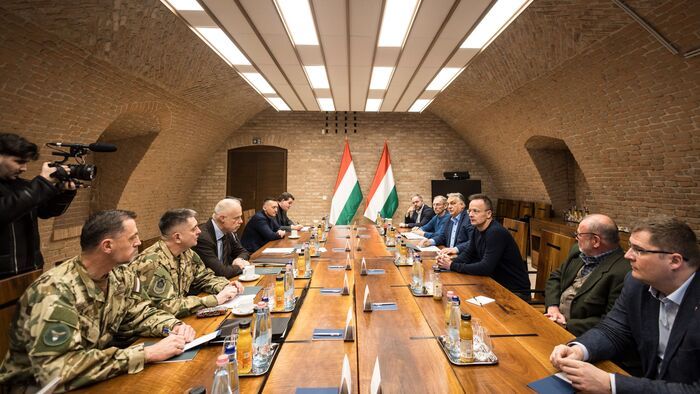
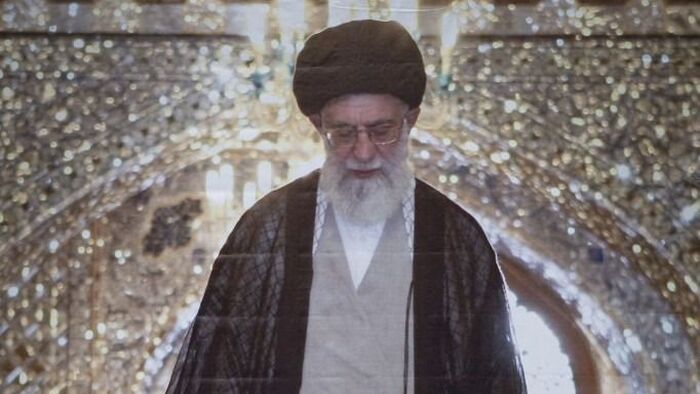
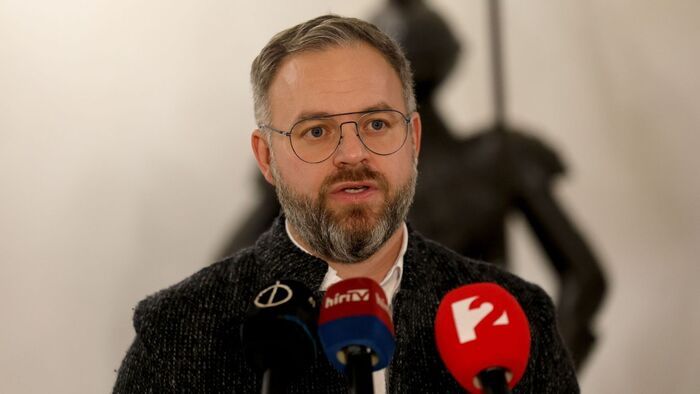
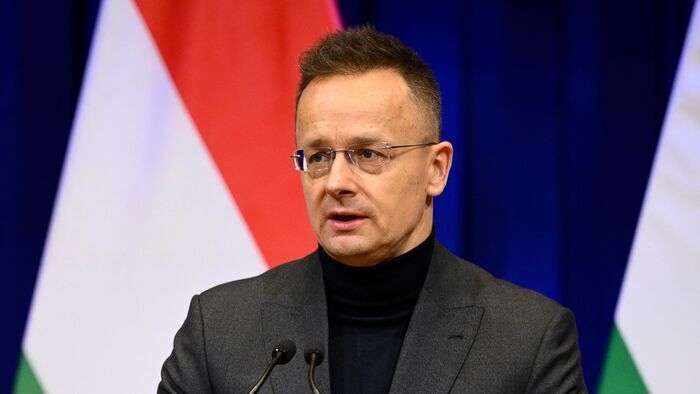



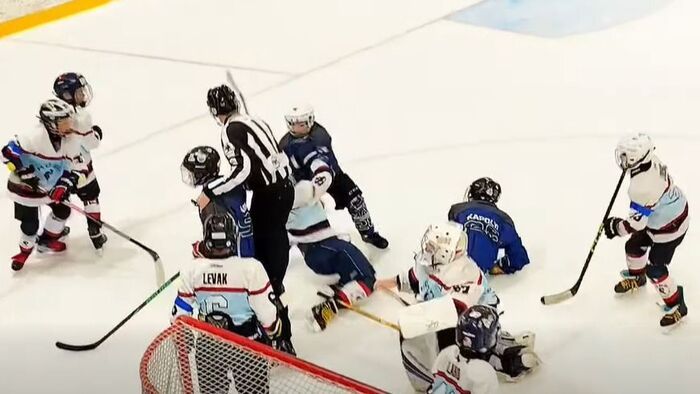

Szóljon hozzá!
Jelenleg csak a hozzászólások egy kis részét látja. Hozzászóláshoz és a további kommentek megtekintéséhez lépjen be, vagy regisztráljon!